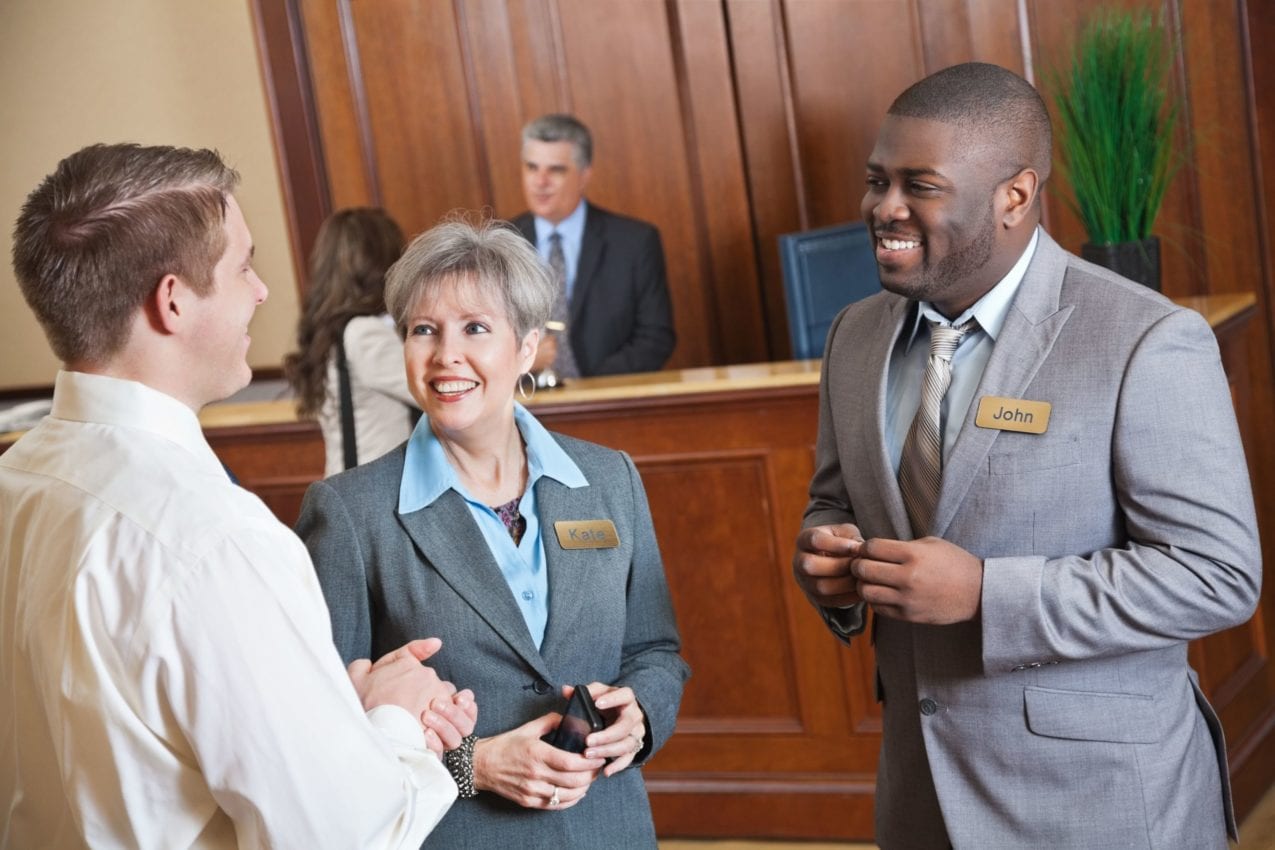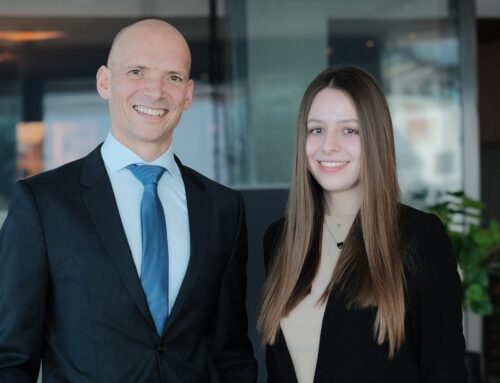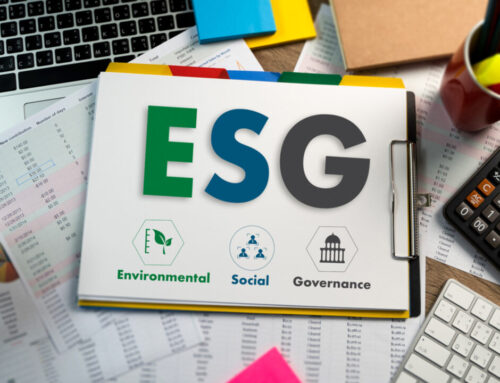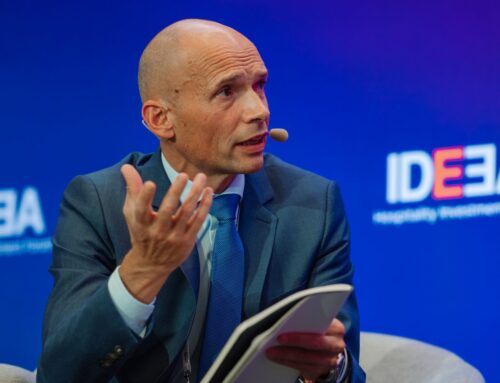This article was first published in Hotel Executive on February 9th 2020.
You’ve probably heard the saying “life is 10% what happens to you and 90% how you react to it.” It really resonates in this current stream of anxiety-inducing news, as the coronavirus has gone from a health risk in one city, to a global epidemic. There has been comment on all manner of previous “black swan” events and infection, recovery and mortality rates.
Yet there hasn’t been much talk of solutions – which actually is what really matters to us, whether we are employers, employees, investors or individuals.
At HoCoSo, we have identified 2020 as The Year of Community, because we believe in the power of community to solve problems and deliver positive change. The hospitality and travel industry has a positive and influential role to play in facilitating this movement. So, this article is really something of a rallying call to professionals in our industry. Let’s react. Let’s put our collective heads together to find ways to mitigate and manage the damaging effects of coronavirus on our communities. Let’s talk solutions.
Boards and senior leadership teams around the world have been convening emergency meetings. Topics for discussion have included contingency plans and practical measures to tackle the operational and financial disruption, created by travel bans, temporary closure of retail stores, offices and factories and other quarantine measures.
To start the ball rolling, here are some ideas that we came up with:
For Operators
1. Communicate Well
In times of crisis, what is the first thing that we complain about? A lack of information. Be transparent, even if it is to say that you are not the best source of information and to provide a link to a better source. Well done to those travel & hospitality companies who have waived cancellation fees and enabled guests to make informed decisions about their travel plans. Now is not the time to punish our loyal or new customers for something beyond their control; it is the ideal opportunity to show that you really do value their loyalty.
2. Offer Alternatives
Guests who have been unable to travel to their first choice destination will still want to take a holiday, meet or attend an event. What can your brand/distribution platform/organisation offer as an alternative? Is there another destination, event or hotel that offers similar opportunities? Or get creative with high-value packages for the other major public holiday in China – Golden Week (1-7 October 2020) – and incentivise guests to re-book then or for a long weekend during your shoulder season.
3. Asset Manage
Stop! Before you take the knee-jerk reaction of laying off staff, there are smarter ways to manage costs, retain talent and enhance team loyalty – particularly in this era of CSR (corporate social responsibility) and triple bottom line accounting (people, planet and profits). For example, during the global financial crisis of 2008/2009, staff recognised the financial impact of dramatic declines in demand and companies offered different employment options (short-term sabbaticals, flexible contracts, reduced hours, training and so on) until the markets recovered. Be smart about energy and F&B costs; are there hotel facilities that can be closed, if guest numbers are extremely low? If the hotel has multiple accommodation blocks, consider the potential of temporarily shutting down unoccupied areas, if possible. Review and rationalise the food and beverage offering in a way that does not dramatically impact guest experience.
4. Engage Your Team
In one Wuhan hotel, which reportedly had less than 10% occupancy, staff have been running daily team exercises in the lobby, to keep them fit and healthy. Now is the time to focus on teamwork, good morale and collaboration; the long-term benefits of this will be greater than any in-house training courses you offer.
For Investors
1. Communicate Well
All stakeholders will be seeking information on the financial security of the investment. As noted above, open and transparent communication goes a long way in times of crisis. Consider adopting a clearly articulated course of action; communicate changes, with rationale; answer questions openly or explain why a question cannot be answered. Fobbing people off only creates and exacerbates a sense of crisis.
2. Re-Assess Your Financial Risk
Smart investors have always undertaken sensitivity analysis. Now that a real scenario is playing out, get modelling. Ensure that you have a realistic understanding of when the business becomes exposed. Beware slashing costs until you have assessed the impact of doing so on guest experience, particularly at luxury properties (see earlier comments for operators).
3. Initiate Funding Discussions
Avoid the temptation to play smoke and mirrors. Keep banks/funders informed and if there is a high risk of breaching financing covenants, start discussions with funders now. Lenders will appreciate a proactive approach with robust analysis of financial exposure; it will facilitate the negotiation of interim arrangements until stability returns to the market and travel patterns normalise.
4. Support Your Investments
Amongst your investment committee, advisory boards and senior teams, there will be colleagues who have experienced the fall out of external shocks from 9/11 and SARS to the global financial crisis of 2008/2009. Get those collective heads together, with the bright sparks and creative thinkers in your team and brainstorm the options/solutions that could help and support your stakeholders, particularly the on-property management team. Collective brainpower is productive.
For Individuals
1. Be Rational
Make decisions based on robust facts; and seek out information if it is not readily available. Whilst the coronavirus is still some way from being contained, the mortality rate is currently lower than SARS and historical ‘flu pandemics. Reporting is big on telling us infection rates and mortalities but not the fact that the recovery rate to date has also been positive. Indeed, current statistics indicate that the virus is far from life-threatening for the average healthy individual.
However, nervousness – dare I say paranoia – has driven down business in public places with a reputation for attracting visitors of Chinese ethnicity such as London’s Chinatown; there has also been an increase in racist abuse against people of ethnic Chinese origin. Get a grip, folks, we are better than that.
2. Be Responsible
Travel advisories, public health guidance and corporate communications are all aimed at reducing disruption and bring the virus under control. These measures may run counter to personal, financial and social priorities; but individual compliance achieves collective benefit, and is one of the quickest ways to drive a sustainable return to “normal”. So come on, let’s take the long view and make responsible decisions.
3. Be Supportive
Now is the time to collaborate and support those affected by the virus – directly or indirectly. In our connected world, these “black swan” events are increasingly a global problem, which requires international collaboration and transparency; this is nobody’s fault, it’s everybody’s problem. And remember that when these events pass, time and again data shows that hotel performance bounces back – ours is a resilient industry. So, let’s be proactive and let’s be part of the solution.
There is so much more we could say, but the purpose of these reflections is to stimulate discussion and ideas that could help our fellow industry professionals around the world. So, please – add your comments and thoughts to the debate and share your experiences.
We live in rapidly changing times and VUCA is the new normal. When we eventually reflect on this current crisis, look carefully at who comes out of it stronger. I believe it will be the organisations that are collaborative, creative, decisive … and also play the long game. 2020 is The Year of Community – let’s keep talking.
About Katharine Le Quesne

Katharine Le Quesne has spent two decades as a professional advisor to the travel, hospitality and leisure industries. She works all over the world in emerging and mature markets, helping clients to assess opportunities for value creation. She loves what she does and has a particular specialism in: development strategy; destination resorts; luxury and lifestyle brands; and theme parks. Ms. Le Quesne began her career with Jones Lang LaSalle in China, during China’s first real estate boom. She subsequently worked for global professional services firms Arthur Andersen and Deloitte in Europe and Asia, prior to joining HoCoSo. She is a regular speaker at industry events, a writer on industry issues and has been a professional advisor on the World Economic Forum Travel & Tourism Competitiveness Report. She is also a Visiting Lecturer at a number of world-class hotel schools. Ms. Le Quesne speaks English, Mandarin Chinese and French.
About HoCoSo
HoCoSo are advisors with a difference. We create tailor-made and innovative solutions for clients’ hospitality-led projects by bringing together the optimum team of sector specialists. Jonathan Humphries, Chairman and Owner of HoCoSo, and his direct team specialize in the extended-stay, co-living, and hotel-alternatives hospitality market; luxury, lifestyle and boutique hotels; and resort developments in Europe, the Middle East and Africa (EMEA). Our strengths lie in the following core services:
- Product & Concept Creation, for portfolio & individual asset developments.
- Strategic Development Projects with a focus on new-market / new-concept business expansion planning, operator selection, market and financial feasibility studies.
- Transformative Asset Management for brand re-positioning, asset re-evaluation and concept re-structuring.
- Hospitality Education for companies and academic institutions, with a focus on bespoke course development, training and teaching.
- Workshops, Keynotes and Conference Moderating for boards, leading international conferences and incubators.








Hi Katharine, you nailed it!
My learnings in a nutshell: a crisis needs to be transformed into long term success!
Thx a lot
Manuel Bertagnolli